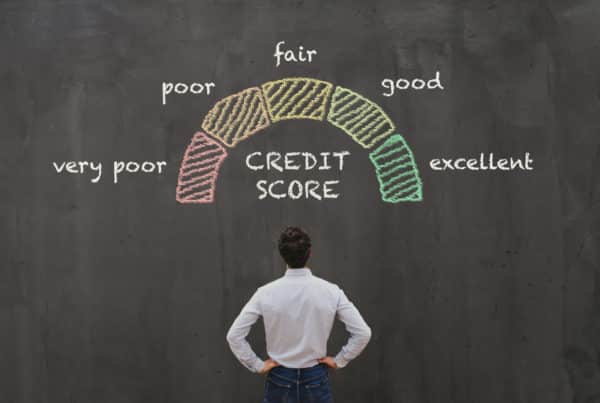For first-time buyers, getting your finances in order can be a bit like navigating a minefield. From not checking your bank history to underestimating the upfront costs, it’s important to be aware of the common mistakes that trip new borrowers up when purchasing their first home.
Read on below to find out the most common money mistakes that first-time homebuyers can make – and how to spot and avoid them:
1. Bank statements slipping through the cracks
About ready to buy a house? You may have plenty of funds set aside for a deposit, but you should also be able to show clean and polished bank statements over at least the last 12 months. This could include looking for detractors such as overdraft fees, outstanding or missed credit card payments, frequently borrowing over your credit card limit or infrequent sources of income.
Getting your finances in order well in advance of finding your perfect home is an important step that many Aussie first-time buyers can overlook. It’s also a good idea to make sure that all funds for the home purchase are in your account at least three months before applying for any new mortgage, including any gifts or additional income that you may be receiving.
2. Assuming that you always need a 20 percent deposit
For some aspiring buyers, the fear of a hefty down payment might have them put off purchasing a property. While the standard down payment deposit of 20% may seem daunting, many lenders can actually offer first home buyers alternate criteria and can accept deposits of 15% or 10% instead.
Homebuyers are typically misinformed by consumer survey results that suggest that you need at least a 20 percent down payment to purchase a home, but the good news is there are many other options, incentives and grants available to make this amount more accessible.
It’s always a good idea to thoroughly research what types of home loans are available in order to find a down payment that best fits in with your finances, even if you’re not sure that you have enough savings.
3. Chasing after the most expensive home that you qualify for
For first home buyers, they might find they qualify for a more expensive home than they first anticipated. Although it’s tempting to buy at the very top of your budget, this can result in significantly higher fees, repayments and interest over the life of your home loan. Only you know the exact loan repayment amount that you’re comfortable with, and you should always make sure you’re buying within your means. For many first time home buyers, sometimes it’s easy to jump the gun and wind up with a house and a home loan repayment that they’re not truly equipped to pay for.
Before you decide how much you’re willing to spend on a home, take the time to work out a realistic (and repayable) budget. Perhaps you’d prefer to spend more on leisure and travel, or have plans to make significant investments in your education or a business venture over the next few years. If so, keep in mind that you don’t need to max out your budget!
It’s also a good idea to make sure you’ve seen enough potential properties to know what works for you, and what doesn’t. Make sure you’re also checking out how much similar properties in the area sell can for – in both downturns and economic booms.
4. Not factoring inclosing costs
Even if you’ve saved diligently for a deposit, it’s easy to be caught by other costs associated with buying. We often only think of the amount we need as an initial deposit and neglect the thought of extra closing costs after your offer has been accepted. This means that buyers may not actually have enough funds to successfully purchase the house they’ve just made an offer for.
Closing costs add up quickly and can include application fees, credit report fees, evaluations, appraisals and insurance. It’s a good idea to plan ahead and calculate approximately how much extra cash you will need in order to purchase a home – and then factor these extra costs into your savings plan accordingly.
Additionally if you’re buying an apartment, be sure to get hold of the strata report in advance to discover any upcoming maintenance projects that could affect your strata costs. If you’re buying a house, an up–to–date building condition and pest inspection report is essential.
5. Spending too much too soon
You’ve found your dream home and you’re already thinking about new furnishings, painting, new floorboards – the list is endless sometimes! While there’s no harm in adding new ideas to your Pinterest board, you should hold out on spending large amounts on a home if you’re still in the process of purchasing.
Sometimes first home buyers will obtain approval from their home loan lender and go out of their way to buy the latest furniture, gadgets, appliances, finishes and even new cars.
A home loan lender can sometimes re-pull someone’s financial statements as late as the morning of the property closing, in order to check that a borrower has not obtained any new significant debt. It’s always a good idea to make sure that you have enough savings set aside for the anticipated home loan repayment, taxes, stamp duties and insurance in addition to your down payment and closing costs – right up until you have closed on the property.
Disclaimer: This article is not intended as legal, financial or investment advice and should not be construed or relied on as such. Before making any commitment of a legal or financial nature you should seek advice from a qualified and registered Australian legal practitioner or financial or investment advisor.





